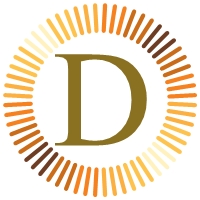Hello!
Welcome to the second installment from my conversations with Amoun Sleem from the Domari Society in Jerusalem. In today’s topic, we will hear about the Domari Society: the beginning, the programs offered, as well as some of Amoun’s hopes for the center. As with before, these clips are compiled from two separate conversations I had with Amoun on different days.
The Dom people, more often than not, must be their own advocates. Support from outside the community is rather limited, and Amoun noticed this. In her book, A Gypsy Dreaming in Jerusalem, Amoun mentioned that when she was starting the center and sharing her vision, people didn’t even know that there were Dom Gypsies in Jerusalem. Through various connections and volunteers from different places, Amoun was able to begin helping the Dom community even before having established the society. As Amoun stated in the video, when the nonprofit was started in 1999, the main focus was women and children. We saw in the last video that to this day that is still the focus even through the COVID-19 response.
As shown from the pictures in the video, the work started just out of Amoun’s home. The programs continued for four years out of Amoun’s home along with support from the DRC to close in the veranda and create an office and classroom space. Eventually they were able to move onto a bigger location and then now to their current location that functions well with their needs.
In the book Amoun wrote, “…I wanted a place that would be surrounded by positive thoughts about Gypsy culture…”. I really do believe that Amoun has achieved that through the Domari Society. Thank you for joining us for this video, I hope you learned something new! See you for the next video!
Jaya, DRC Summer Intern

